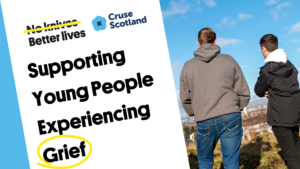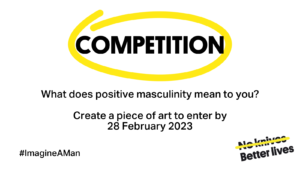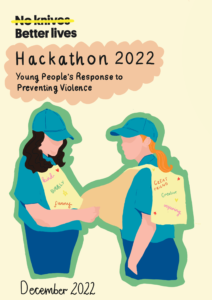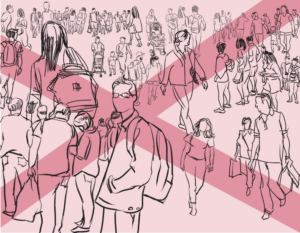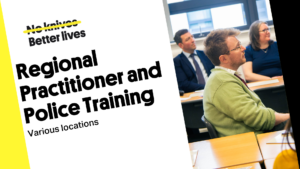Building the Team
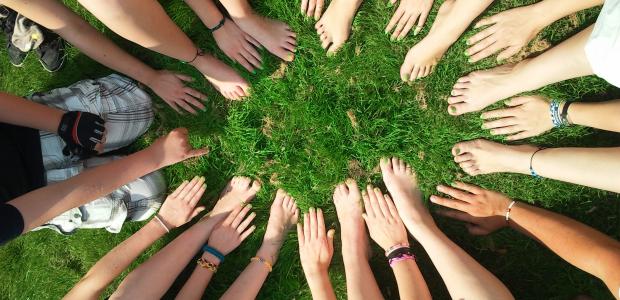
13 Sep 2018
by Orielle, NKBL and youth work
A few months ago, I was asked to speak at a typical Scottish high school. On that typically Scottish day, I spoke with a year group about sexting. The previous week there had been several cases of sharing indecent images brought to the school staff’s attention. On that day, I was introduced as follows:
“This is Chief Inspector Graham Goulden of the Scottish Violence Reduction Unit. He’s here to talk to you about sexting, and you better listen to him”.
Cue the Darth Vader music. I thought fast and asked, “Hands up if you are here with a friend?” After some giggling, hands went up. I told the group to look around the room and then I said, “Raise your hands if you think sexting is wrong and could be harmful.” Every hand went up.
So, what’s the message? In my view, we fail to recognise that most young people in schools across Scotland are healthy individuals who know right from wrong. We often see this failure in how we speak to young people about subjects like sexting, bullying and knife crime. On the topic of knives, I’ve sat and listened as young people are shown photos of big knives, and even of knife injuries. What is it we hope to achieve with this approach?
I accept that we still need to discuss the consequences of knife crime, but creative ways to reassure young people that knife carrying isn’t the norm are so needed. Psychology suggests that showing knives to young people enforces a pseudo norm on individuals. Arizona State University’s Professor Robert Cialdini calls this the “Big Mistake”: when trying to solve a problem, we inadvertently reinforce the very behaviour we are trying to solve. Cialdini uses knife crime to highlight this, suggesting that showing real knives or pictures of knives sends the message that many other people are carrying knives, when they aren’t.
So what’s the answer? Well, let’s agree that we need to focus on reassuring young people that knife carrying isn’t the norm. A ‘false consensus’ exists in society where the majority feel like they are in the minority and where a minority feels like they represent the majority. Again, we need to both reassure and empower the healthy majority.
A simple way to break this down is to support groups in saying how they really feel about a subject. This is a key part of work I developed through the Mentors in Violence Prevention programme (MVP). I use statements to generate active group discussion, asking individuals to agree or disagree with a particular statement or to say if they are unsure. I then ask why they have taken this stance. This not only supports the development of the healthy norm, it also allows individuals to demonstrate their leadership by speaking up. These ADU (agree, disagree, unsure) statements are highly interactive and often a ‘light bulb’ moment for young people. Awareness is raised on a subject but importantly, individuals with positive attitudes see that their beliefs and values are the shared norm.
One example of an ADU statement would be:
“Sticks and stones may break my bones but names will never hurt me”
Agree / Disagree / Unsure
What do you think? What’s the impact of name calling? Why would a person call another person names? Why would people be silent when their friends are being called names to their face or online? How could you make the statement sound more like the truth? This one statement generates so much discussion providing better awareness, but also reassurance that most people would disagree with the statement.
When it comes to knife crime, particularly in schools, we know that in many cases pupils know when another pupil has a knife. It may have been discussed on social media. This begs the question: how do we help young people to be the friends they want to be? For me, reassurance is the first step. Build a team where young people know they have support. The above demonstrates ways that MVP asserts the healthy norm. And give them options, a range of safe ways that they can demonstrate their leadership (friendship).
We live in a society where our young people do wonderful things. We need to celebrate this, but at the same time recognise the climate they are growing up in. Recognising their achievements and showing respect are important. Remember when you show respect, you often get respect back – and so much more.
